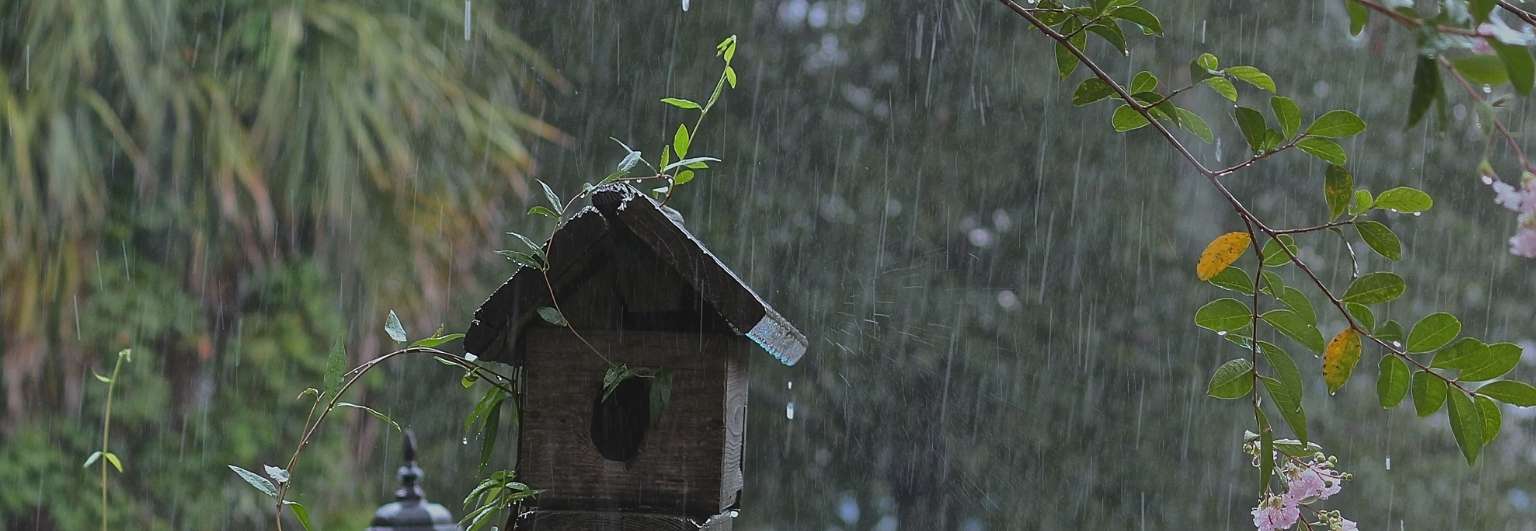
22 Apr April Showers Bring Storm Damage
It’s that time of year again, when frequent rain and storms can happen at any time. As a homeowner you may know that April showers don’t always bring May flowers. This can be a nerve-racking time for homeowners, especially if the area they’re living in is prone to storms the spring seasons brings. Thankfully, most homeowners insurances cover storm damage that may occur during seasonal storms, except flooding and earthquakes. Reviewing your policy at least once a year is essential to know what your coverages are and what to expect if your home becomes damaged during spring storms.
What Storm Damage is Covered in Most Homeowners Insurances?
Homeowners insurance policies normally cover damages to dwellings, contents of your home, and any other structures included on your property. If a storm were to roll through, your policy would typically help cover the following types of storm damage:
- Water Damage from falling rain or ice damage during the winter
- Wind damage from high winds
- Lightning strikes that cause power surges or fire damage
- Hail damage to siding or roof shingles
- Fallen trees due to the storm, damaging your dwelling
- Personal property damage as a result of external damages
Does Renters Insurance Cover Storm Damage?
If you are a renter that carries renters insurance, your risk of unexpected costs due to damaging storms may be covered as well. A typical renter’s policy in PA costs $15 a month on average. Having this renters insurance covers any personal property damaged due to:
- Lightning strikes that cause power surges or fires
- Hail or damaging winds
- Water damage due to falling rain
- Falling trees during a storm
Like homeowners insurance, renters insurance does not cover damages due to earthquakes or flooding.
Why are Flooding and Earthquake Damages Excluded?
Damages due to flooding or earthquakes are excluded from being covered under homeowners and renters insurance. Homeowners can purchase earthquake coverage under their homeowners insurance, but flood coverage is a separate policy. Contact Gilbert’s agent to determine if you need to add these extra policies to your list of coverages.
If you haven’t had the time to review your current policy, now is the time! We have the knowledge and experience to help you weigh your options and determine what is best for you and your family!
To find out more, contact one of our talented Risk Advisors today!


No Comments